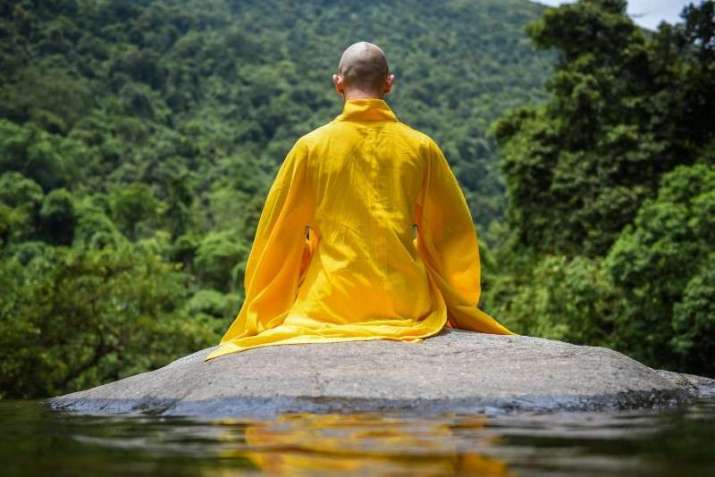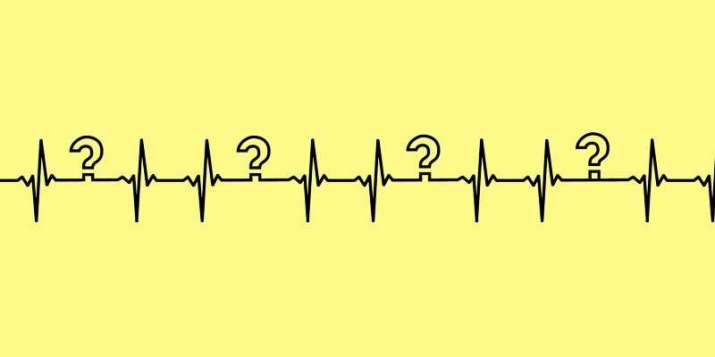
When will life return to normal?
This question was at the forefront of my mind in the weeks following the outbreak of the COVID-19 pandemic. As time went on, I became increasingly accustomed to the idea that things were going to be very different for a long time to come; I even began preparing myself for the fact that they would never be the same again. Having released my grip on the desire for a return to normalcy, it is with frustration that I recognized the same question has slowly made its way back to the forefront of my mind.
The triggering event: following the easing up of some pandemic restrictions, as an advocate for residents of long-term care facilities, I have started providing in-person visits to care homes. While it has been a real pleasure to finally have face-to-face contact with my clients, it is incredibly disheartening to observe the way in which the pandemic has impacted some of the most vulnerable people in society: almost complete isolation from the community, with few to no visits at all from family and friends; a significant reduction in daily activities due to the need for social distancing; and the constant worry of contracting the virus, which can spread extremely quickly in communal settings.
Our lives have been turned upside down by the virus and it is no wonder that many of us yearn for a return to how life used to be. That said, is it helpful to cling to an outcome over which we have no control? In my experience, a lot of energy can be wasted when I obsess over finding answers. I end up going in circles, which sometimes immobilizes me and leaves me unable to act; in other cases, it leads to poor decision-making. This is true of the biggest questions that haunt humanity, such as “what is the purpose of life?” and “are there other sentient beings in the universe?” It can also be true when it comes to the more personal questions that we ask ourselves, such as “should I stay in a job I don’t enjoy?” and even “what diet should I go on?”
According to the Early Buddhist canon, there are four ways of answering questions, one of which is to ask a counter question. This may seem redundant: if we view the question as a problem and we are trying to solve that problem, how can it possibly help to come up with more problems? Yet it may be that our suffering comes from viewing the question as a problem we need to solve, rather than simply accepting that questioning is part of the human experience and that it can, in fact, lead to deeper insight.
In the book Wholehearted: Slow Down, Help Out, Wake Up (Wisdom Publications 2019), American Zen teacher Koshin Paley Ellison writes:
In the old myth of Oedipus and the sphinx, Oedipus thought he had to solve the sphinx’s riddle, but when he did (and what a clever person he thought he was!), the sphinx died, and Oedipus’s life went to shit. What I mean to say is this: Keep the question in front of you. There’s no need to solve it. Just be in a relationship with it. (Ellison 2019, 14–15)
This is a common concept in Zen Buddhism, which encourages the practitioner to cultivate an inquisitive mind. In Zen Questions: Zazen, Dogen, and the spirit of Creative Inquiry, Soto Zen priest Taigen Dan Leighton writes:
Zen is a practice of questioning, an attitude of sustained inquiry. This practice and the awareness it involves does lead to transformation in various ways, even if these never match the outcome we might seek. (Leighton 2011, xi)

The idea is that instead of seeking answers to the questions that we keep returning to, we can learn to accept that they are there and we can cultivate a relationship with them. And by being in a relationship with them, our minds and our hearts can open up to new possibilities that we may not have considered if we had continued to focus on finding a specific answer or a preferred outcome. When I embrace the question, “When will life get back to normal?” further questions make themselves known: what do I mean when by normal? Do I want life to get back to normal? How else can life be?
The latter question, especially, has provided me with fresh motivation when visiting nursing homes. The transformation is unexpected and delightful and I imagine that, as my relationship to the questions continue to grow, so will the opportunities.
References
Ellison, Koshin Paley. 2019. Wholehearted: Slow Down, Help Out, Wake Up. Somerville, Massachusetts: Wisdom Publications.
Leighton, Taigen Dan. 2011. Zen Questions: Zazen, Dogen, and the spirit of Creative Inquiry. Somerville, Massachusetts: Wisdom Publications.
See more
Pañha Sutta: Questions” (AN 4.42), translated from the Pali by Thanissaro Bhikkhu. Access to Insight (BCBS Edition), 3 July 2010. http://www.accesstoinsight.org/tipitaka/an/an04/an04.042.than.html.











